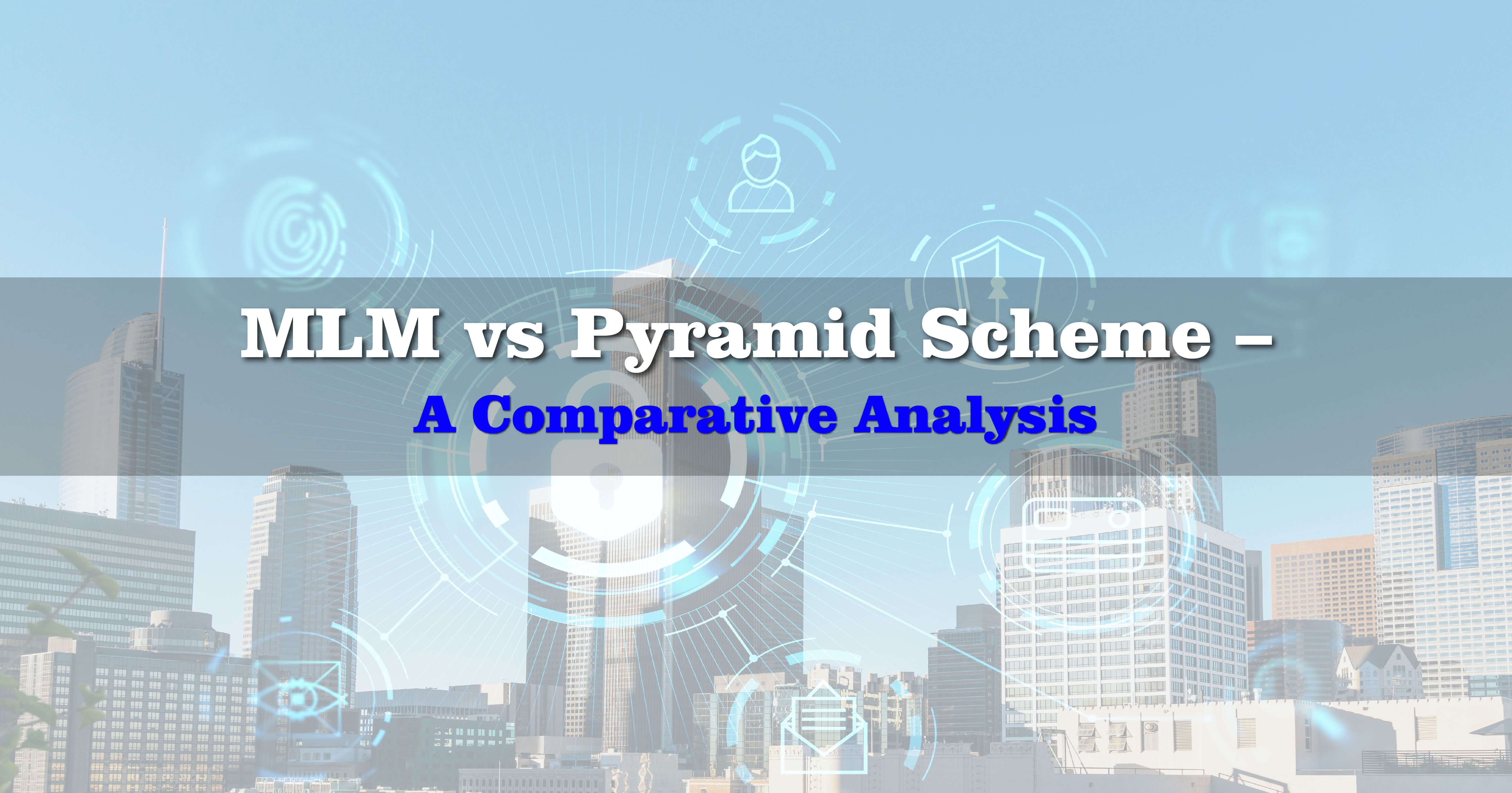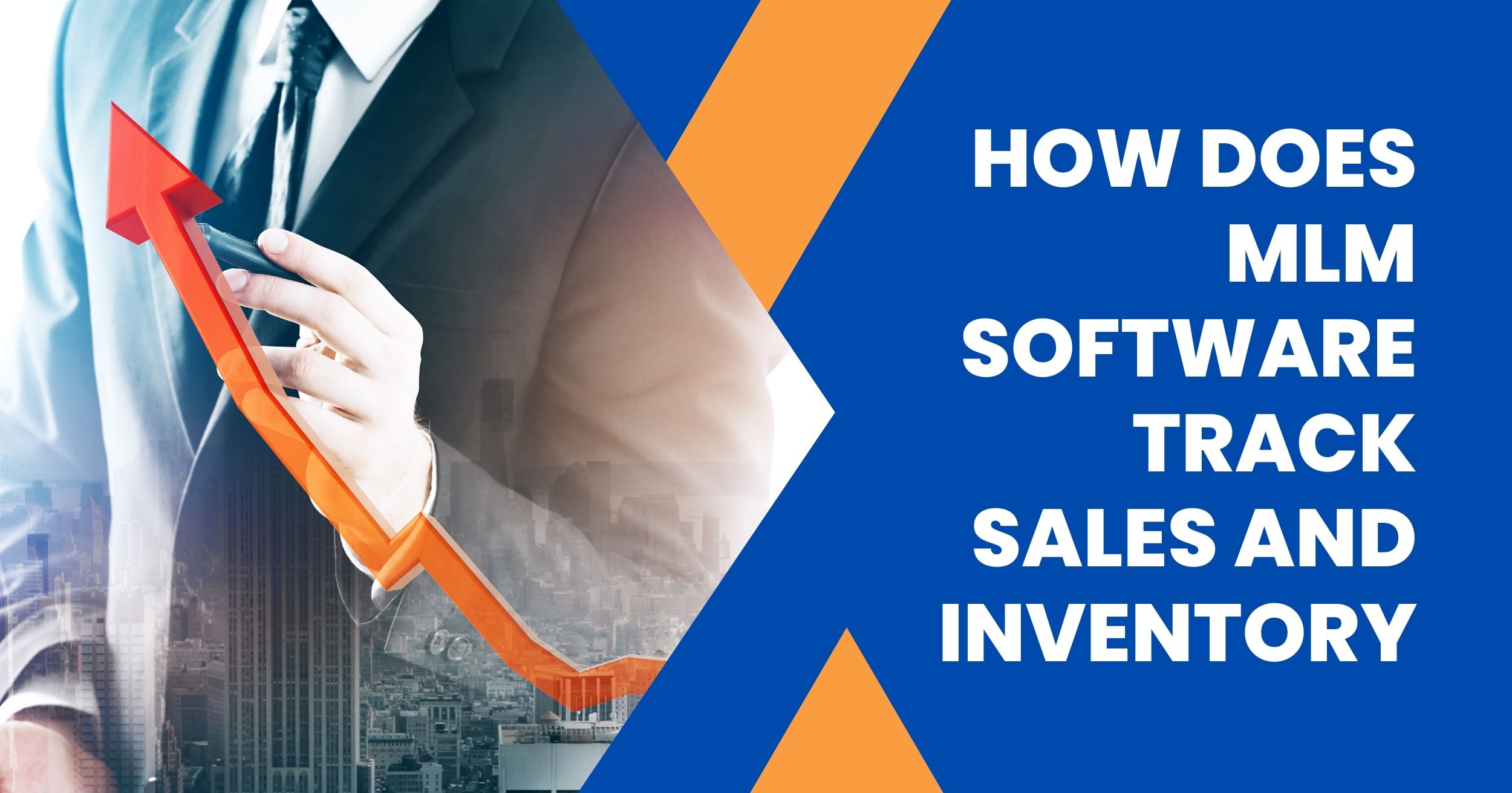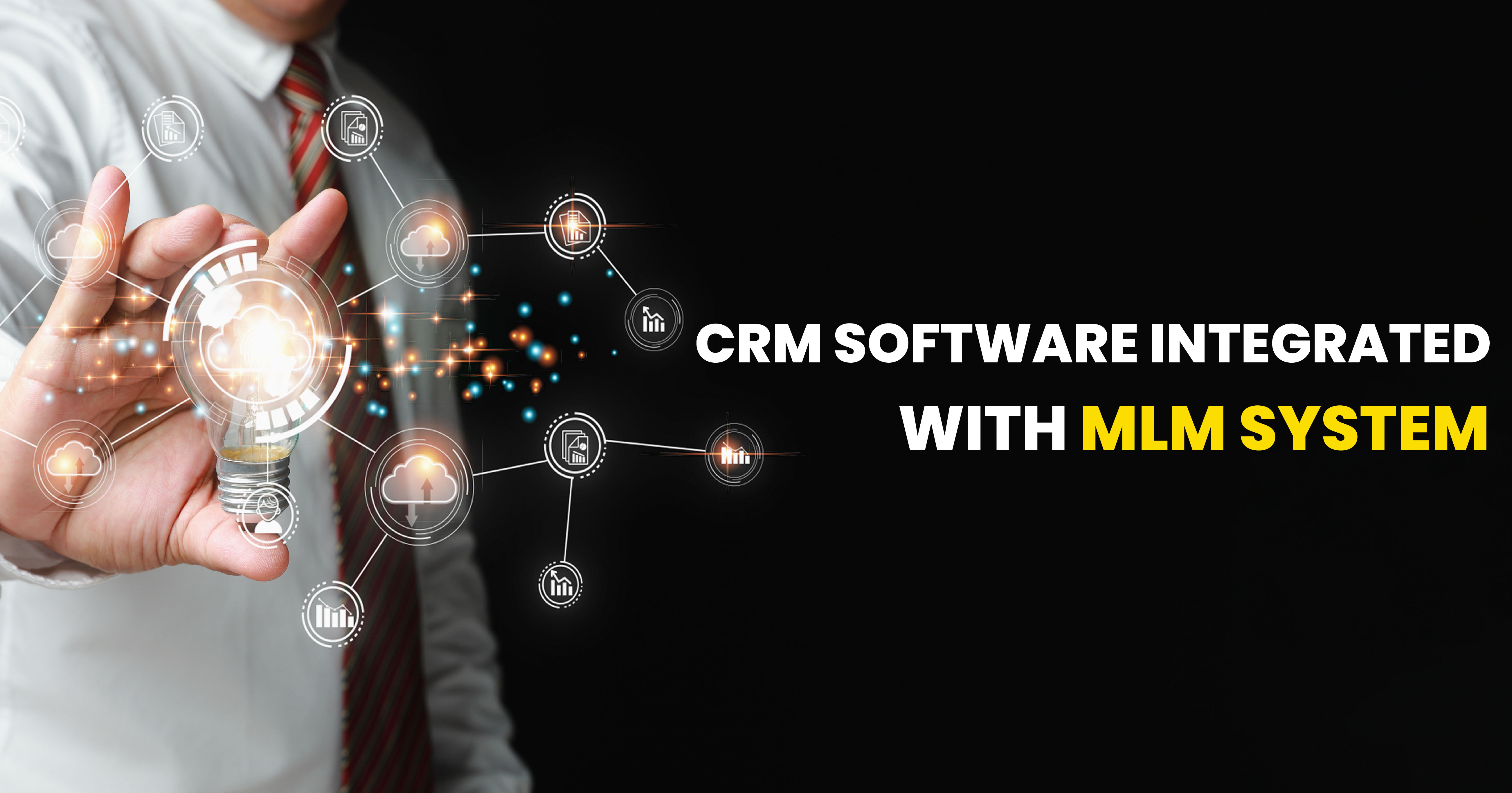Smart Contract Development – A complete Guide

Posted On: 11th Jan 2024 11:26
Our daily lives include contracts in many ways. You are subject to a contract whether you are applying for a new job or purchasing the newest technological advancement. A novel method of contract execution has recently gained popularity.
The king of contract execution, smart contract development, does away with the requirement for third parties to ensure that the terms of the agreement are followed.
Let's go over the specifics of smart contract development and the rules that must be followed.
What is a Smart Contract?
To put it simply, a smart contract is a digital one stored on a blockchain network. It enables the user to do legitimate transactions alone. Because every smart contract transaction is traceable and irreversible, the entity's dependability is increased.
Smart contracts, to put it in more technical words, are pieces of software that include the procedures for negotiating an agreement's terms. The software executes the agreed terms after automatically confirming that the agreement has been fulfilled.
Nick Szabo first proposed the idea of a smart contract in 1994, and it gained prominence in the second part of the twenty-first century. A smart contract's terms may occasionally be both partially and self-executing. Compared to conventional contract systems, the contract attempts to provide improved security and lower transaction costs for contract execution.
We are aware that ICOs play a significant role in the execution of many online crowdfunding operations. The rules that must be followed for investments as well as the standards for returns are codified in a blockchain and carried out by smart contracts.
Where is smart contract development employed?
Traditional contracts might be a little intimidating due to their complexity. The procedure is chaotic, expensive to administer, and includes outside parties.
The entire world is becoming more and more digital. For a trustworthy and digital business agreement, smart contracts are the solution. By using blockchain, the contractual provisions are carried out without the usage of outside systems. It gives all interested parties visibility and access.
- Insurance -
It is common knowledge that processing an insurance claim can take a very long time. Because of administrative expenses, gluts, and other inefficiencies, insurance firms frequently bear the brunt of claimants' burdens but are essentially powerless. no longer. We can implement a system where a claim can be automatically triggered if specific events take place using smart contracts. The person filing the claim, his legal guardian, or partner must enter specific information into the system, such as the extent of the harm. The system then creates the compensation after completing this step and evaluating the loss.
- Supply Chain Management -
We all know that the management of the supply chain includes the movement of goods from raw materials to completed items. The smart contract assists in documenting the ownership rights of the products in the supply chain so that they are known at any point in the chain.
- Mortgage loans -
Mortgage lending is a pretty complicated process. The mortgagees' income, expenses, credit score, and many other factors are checked by the lenders frequently using third parties. The lender would frequently incur significant costs as a result. A great deal of time and money might be saved, the system's complexity would be reduced, and the lender and mortgagee could participate directly in the lending process by enacting the terms and conditions through a smart contract.
- Employment Contracts -
The relationship between an employer and employee is never entirely clear. If an employee and employer enter into a smart contract as opposed to a standard contract, both parties would be aware of what is expected of them. By keeping track of transactions this way, ambiguity is removed from the system and a sense of fairness is introduced. The relationship between the employer and the employee would thereafter improve as a result.
- Copyright Protection -
As we all know, the authors of songs receive a royalty payment anytime they are utilized commercially. An entire team of people contributes to the making of a song. There is currently no system in place that can specifically identify the owners of the music who are entitled to receive the royalty payment. When ownership rights are registered in a blockchain, a smart contract makes sure that the copyrights are given to the correct receivers.
How is a smart contract executed – A step-by-step guide -
We'll use an example to explain how the smart contract is carried out.
X wants to leave his London flat, while Y is looking for housing in the same city. They will employ a real estate agent, or a third party, and entrust them to handle their needs, as is customary. The agent would then be in charge of making sure that the requirements were followed, and in exchange for his services, he would demand payment.
The only problem with this seemingly ideal situation is that the real estate agent cannot ensure that the conditions will be met.
Let's now imagine the scenario of a smart contract and the subsequent events that would take place.
- X and the blockchain would build an independent storage that would store the rent that was specified in the contract.
- X would store the apartment's address as well as the door's entry code in the storage.
- Y would receive the address and the access code, and X would receive a payment confirmation.
- Due to the immutability of smart contracts, X and Y cannot take advantage of one another or alter the terms of the agreement.
Now the aforesaid events can lead to three scenarios.
Case 1: Y visits the city and discovers that the address and access code provided by X are accurate. X is paid the previously agreed-upon sum.
Case 2: When Y visits the city, she discovers that the address and access codes that X gave her are fake. The advance rent payment made by Y is received.
Case 3: Y does not visit the city. In this situation, X receives a portion of the advance rent as compensation by the terms of the contract, and Y receives the remainder as a refund.
After being performed, the contract will be marked as such in the blockchain.
Platform for Smart Contract Development
With blockchain development, smart contracts are seen as the true blockchain revolution. The acceptance of initial coin offerings (ICOs) has greatly increased over the past year, and smart contract development has now entered the mainstream of commerce.
Smart contracts may be created from scratch or may be generic. The first type is used for ICO tokens, whereas the latter type requires a programmer to create the smart contract. A smart contract might be highly customized if it were created from the ground up.
Here we will mention the top five smart contract development platforms.
1. Ethereum
2. TRON
3. Polkadot
4. Solana
5. Tezos
6. Cardano (ADA)
Ethereum -
- The smart contract technology was first introduced to the world on the Ethereum blockchain.
- It is a decentralized open-source blockchain with functionality. The platform's cryptocurrency, Ether, dominates the market.
Solidity Development -
- Solidity smart contracts are the primary programming language used by the Ethereum network. Programming logic for carrying out the contract is all stored in the contract-oriented language Solidity. Code for smart contracts. Similar to JavaScript, Python, and C++, this high-level programming language is intended to be used with the Ethereum Virtual Machine (EVM), which is housed on Ethereum nodes linked to the blockchain. A solid programmer would therefore be knowledgeable in the Solidity programming language.
- It is a high-level programming language with similarities to Python, JavaScript, and C++. The Ethereum Virtual Machine (EVM), which is housed on Ethereum Nodes linked to the blockchain, is intended to execute it.
TRON -
- TRON is a blockchain platform that supports smart contracts and is well-known for its versatility and flexibility. It was created to create a solid foundation for decentralized transactions. It has a cryptocurrency called Tronix, or TRX, of its own.
- A decentralized blockchain called TRON has gained a lot of popularity due to its adaptability and versatility.
- The key entertainment systems and aspirations to create a cost-effective exchange of digital content without middlemen are hosted by TRON, a significant smart contract development platform.
Polkadot -
- Polkadot is an open-source blockchain framework that enables decentralized transactions. The platform uses a proof of stake mechanism to guarantee that smart contracts operate without interruption. Through its substrate framework, Polkadot makes blockchain innovation simple, which accounts for its popularity.
- When chains interact with one another while also maintaining their independence, Polkadot assures security.
Solana -
With its proof of stack technique, Solana is reportedly the quickest blockchain that enables smart contracts. The currency used there is known as SOL. Solana can process almost 50000 transactions per second, which makes it faster than Ethereum. A low-cost and very scalable public blockchain platform for creating smart contracts is called Solana. The market value of Solana was approximately $46 billion in 2021.
Tezos -
- In 2017, Arthur Breitman founded Tezos, which is regarded as one of the most secure blockchain platforms. Because it provides formal verification, which ensures that smart contracts will be performed exactly as intended, this platform is regarded as being the most secure.
- Before being deployed, each smart contract on Tezos is subject to a thorough audit that is coded using the Michelson programming language. Michelson is a more complicated programming language than previous ones.
Cardano (ADA) -
One of the leading blockchain-enabled systems that supports the creation of smart contracts is Cardano. It is a well-known, publicly accessible blockchain platform with a sizable market cap. A well-known cryptocurrency created by Cardano is called Ada. Cardano was the first blockchain platform to be built through peer-reviewed research, and its developers placed a significant emphasis on securing and protecting the billions of user data. It is a very flexible platform that can support the majority of world systems.
Conclusion -
There are numerous advantages of smart contracts that cut across industries and geographies. While maintaining system openness, unnecessary costs can be cut and a significant amount of time can be saved.
Theoretically, the development of smart contracts is thought to be considerably superior to the implementation of regular contracts. Even though there is a small potential for fraud, businesses can move forward in this digital environment by keeping these risks in mind and taking the appropriate precautions to minimize them.




